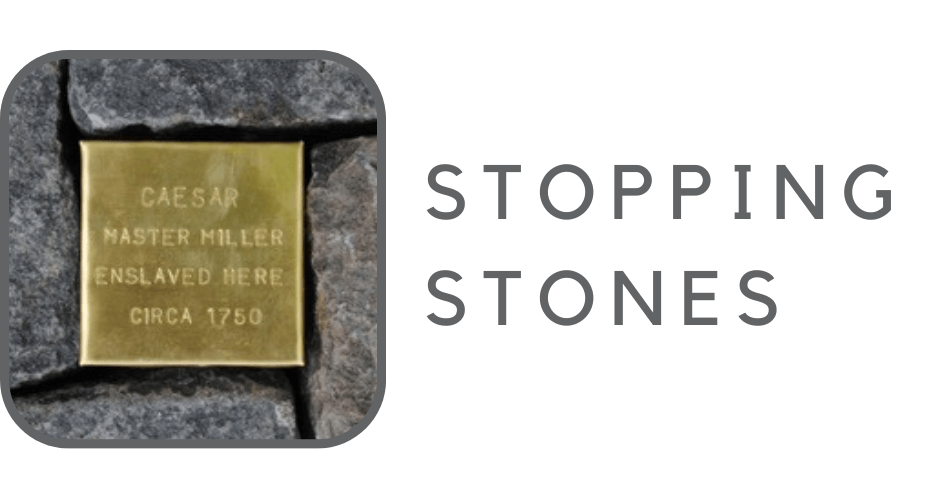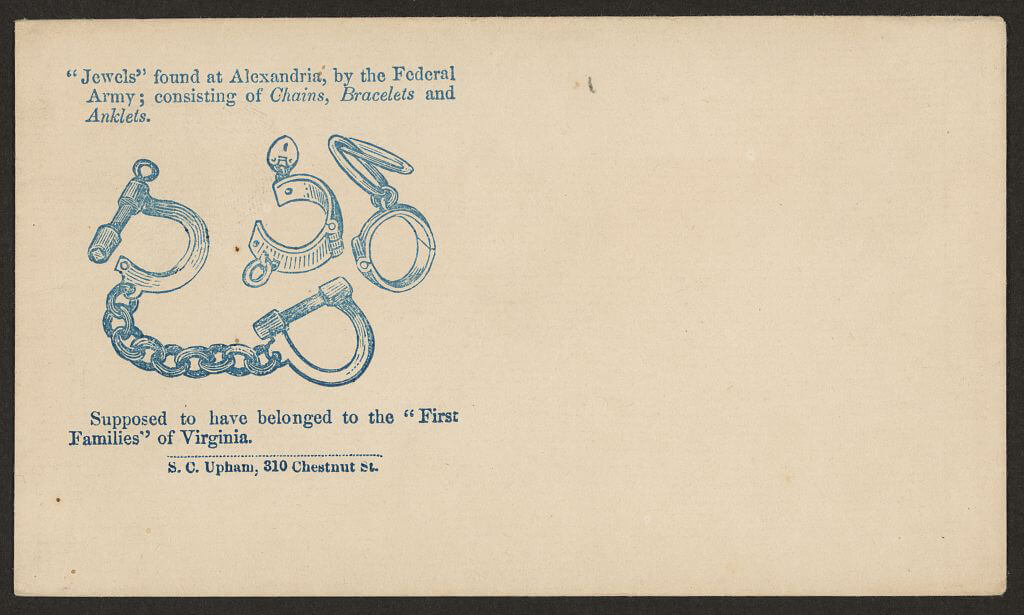Enslaved persons contributed important skills to the places they were held as carpenters, stone masons, blacksmiths, laundresses, millers, cooks, river boat pilots, housekeepers, and many other occupations. Some were field hands who were the primary tenders of crops and animals that fed communities. They grew tobacco on the lands in Connecticut all the way down through Virginia, cotton in Mississippi, sugar cane in Louisiana, and rice in the Carolinas. Their labors created wealth that enriched not only those who controlled them, but also the colonies, early states, and our nation as a whole.
My ancestors were not present here at that time. But later, when they arrived in the early and mid-20th century, they benefited directly from the wealth and stability that was built in part by the hands, backs, and sweat, of these enslaved persons who have mostly remained nameless and unappreciated.
I invite you to join us in discovering as much as we can about these persons: those forgotten heroes and heroines who survived, endured, and have contributed so much to our country.
Local sponsors play a pivotal part in this project. Individuals, and groups such as historical societies, worship communities, schools, colleges, community organizations, and youth groups, can help unearth the names of enslaved persons, their occupations, and identify where they were forced to live and work.
By illuminating their lives, we honor their humanity.
In their own ways it is the sponsors who will carry their stories out, up, and forward.

